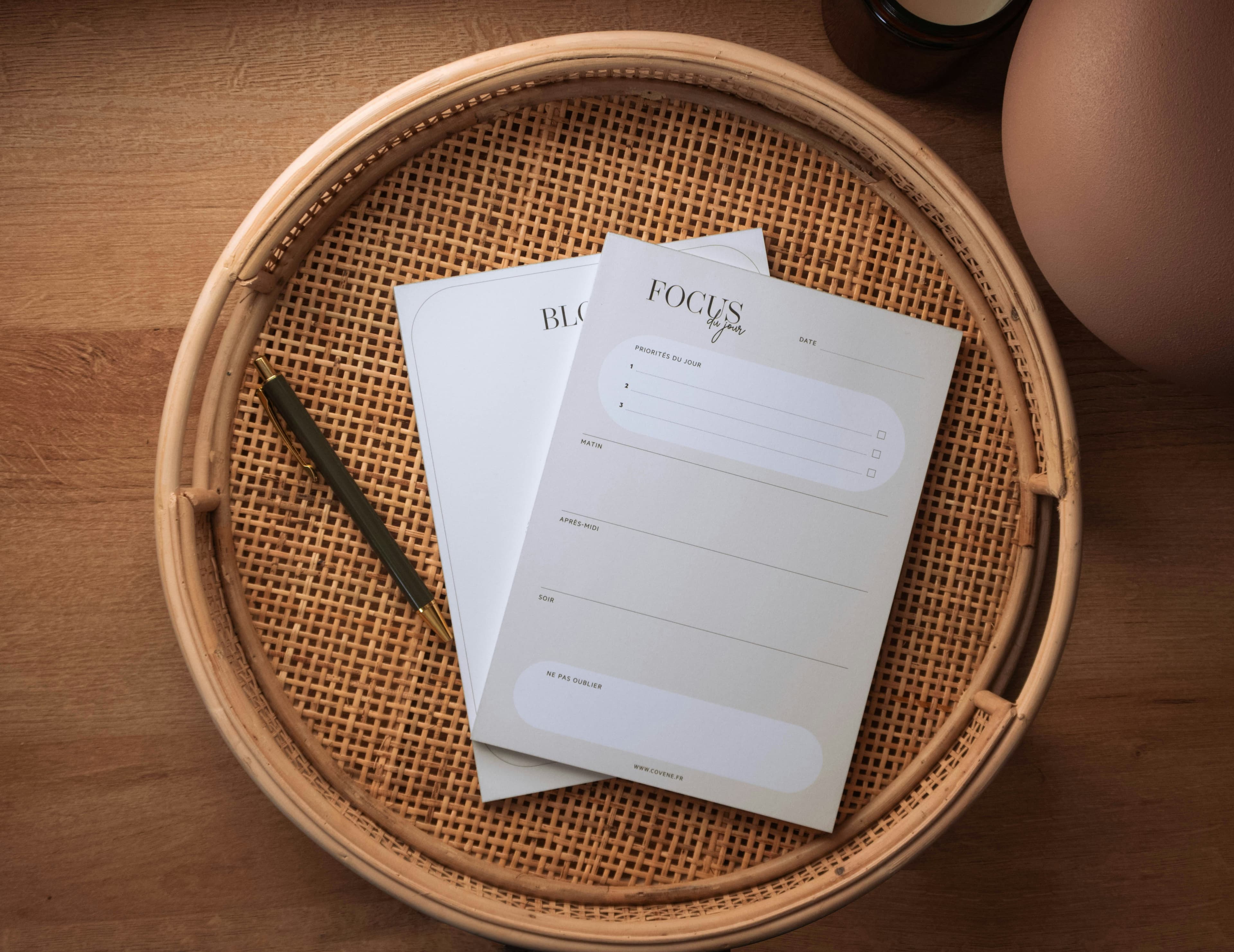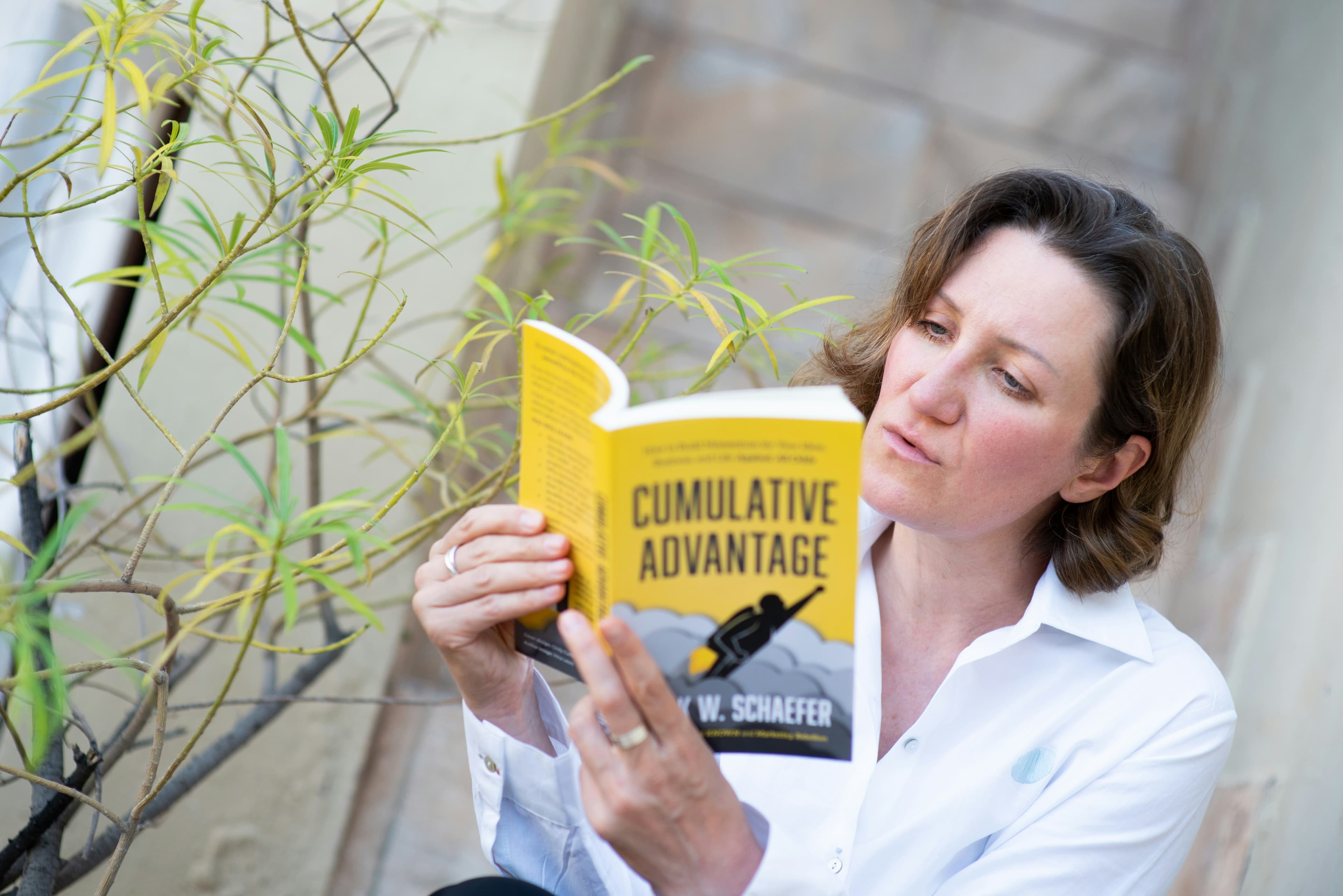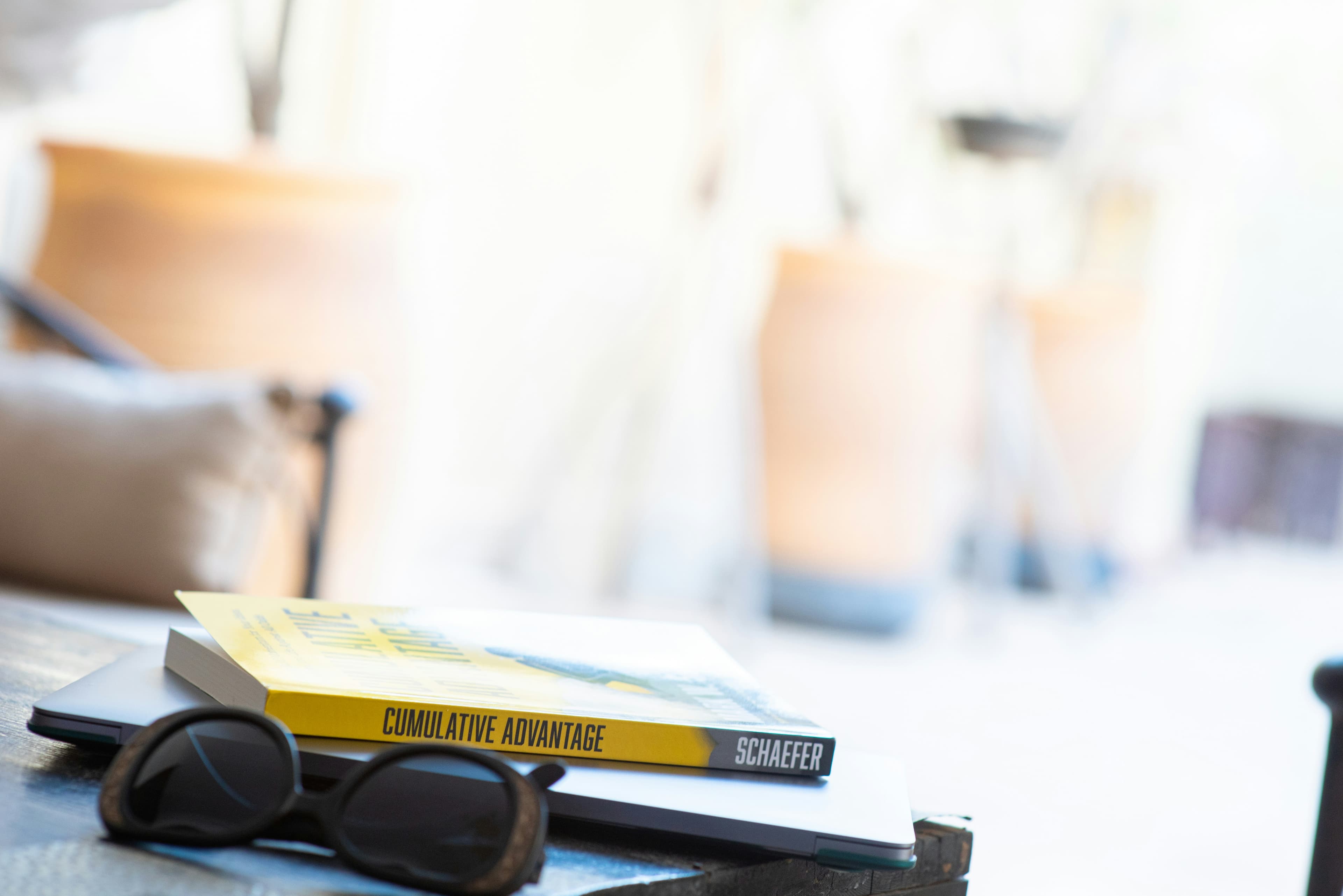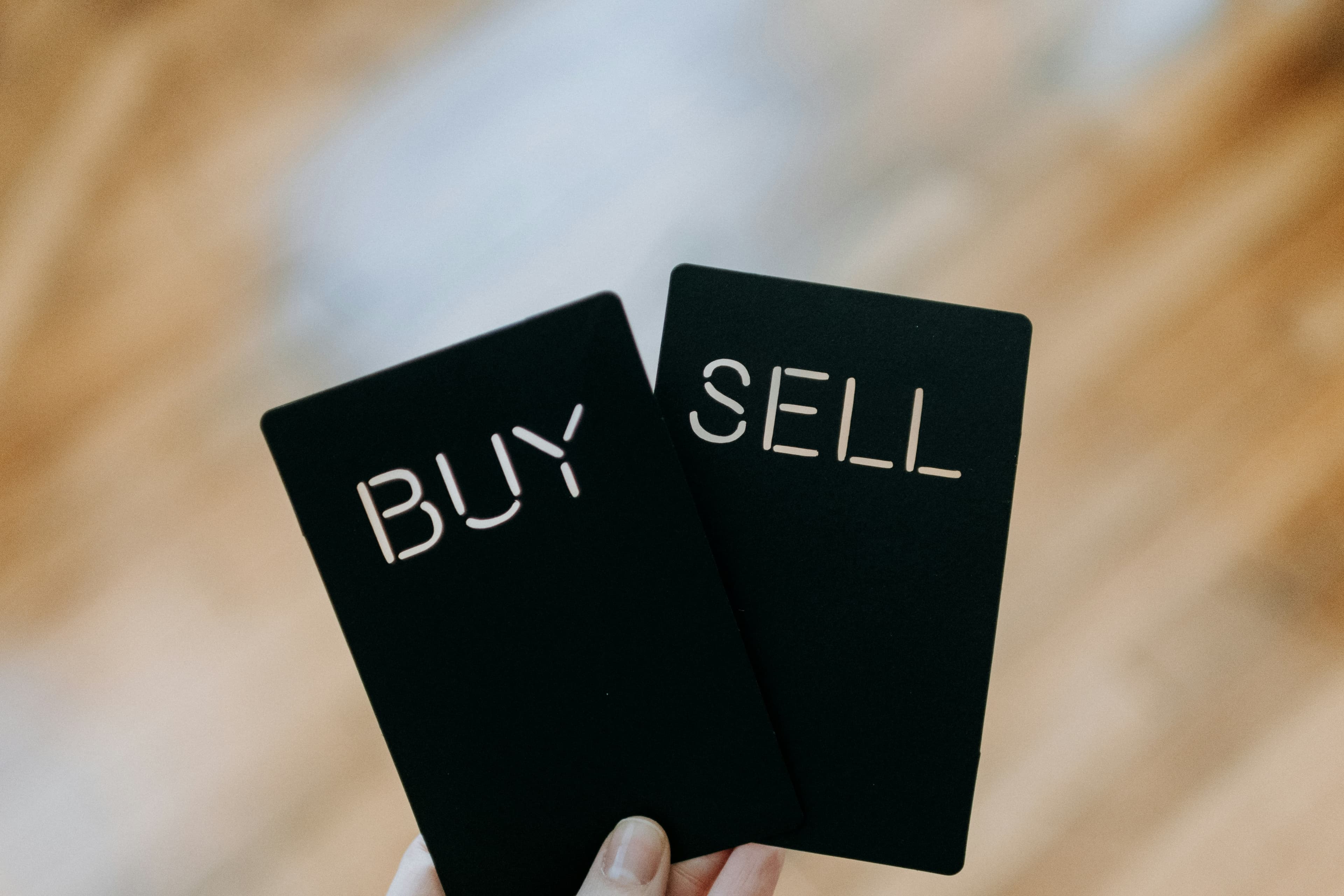The Biggest Myth Holding Your Side Hustle Back

Ever watch someone truly gifted at their craft and think, “They were just born with it”? Whether it’s seeing Warren Buffett explain the market, Eric Clapton play a guitar solo, or Simone Biles perform a flawless routine, the gap between their ability and ours can feel impossibly wide. It’s easy to convince ourselves they have some secret ingredient, some innate talent that we simply don’t.
This feeling isn’t just reserved for billionaires and Olympians; we experience it in our everyday lives. We look at the neighbor who seems like a "natural" parent or the friend who stays fit with ease and assume it just comes easier to them. When we struggle with something, our first instinct is often to find someone who excels and tell ourselves, "Well, they're just wired differently." It’s a comforting explanation for why they succeed and we can’t.
But what if that’s completely wrong? What if the idea of natural talent is just a convenient story we use to excuse our own fears and insecurities? What if everyone has to work just as hard as you do to get good at something? This single shift in perspective can be the difference between staying put and finally .
The Work Behind the Highlight Reel
In a famous Nike commercial, Michael Jordan addressed this very idea. He suggested that maybe he made it look too easy, that people only saw the game-winning shots and not the endless hours in the gym. Maybe he let people believe his talent was a gift from God, not something he worked for every single day of his life. He ends with a powerful suggestion: "Or maybe, you're just making excuses."
This belief in natural-born ability is one of the most destructive mindsets out there. It eats away at our confidence and gives us the perfect excuse for mediocrity. It limits what we even allow ourselves to try, causing us to give up the moment things get challenging. It’s the ultimate justification for not pursuing that or launching one of those you’ve been dreaming about.
But what about the outliers? The child prodigies and virtuosos? Surely, they must have something the rest of us don't.
Malcolm Gladwell was also puzzled by this, particularly the story of Wolfgang Mozart, who was supposedly writing symphonies at age nine. In his research for the book , he discovered the real story. Mozart’s father was a renowned composer and music teacher who started training his son from infancy. He introduced him to the best composers of the era and spent countless hours teaching him. And those early compositions? They were simple pieces, exactly what you’d expect from a child who had received extensive, dedicated instruction. Mozart’s truly great works didn’t come until his late 20s, after thousands of hours of practice.
Genetic Advantage Isn't Natural Talent
Okay, so what about world-class athletes like Michael Phelps? With 28 Olympic medals, he must be a natural. The facts tell a different story. Phelps started swimming competitively at seven. By eleven, he was training under Bob Bowman, a notoriously tough coach. He spent six days a week in the pool, swimming about 50 miles every week. That’s more than eight miles a day.
He did, however, have another advantage: his genetics. Phelps has a body type perfectly suited for swimming—long arms for leverage, short legs to reduce drag, and large hands and feet that act like flippers. But this is a critical distinction many people miss: a genetic advantage is not the same as innate talent. His body type gave him an edge, but it was worthless without the years of grueling practice. Phelps himself has called the idea that he was born to win "an absolutely absurd claim."
Cognitive scientists from Tufts University and the University of Melbourne studied hundreds of supposed prodigies and world-class performers. Their conclusion was simple: they found no evidence of natural ability. No one becomes great without putting in the work.
Every Strength Was Once a Weakness
Think about this for a moment: every single thing you are good at today was once something you were terrible at. Walking, talking, tying your shoes, driving a car, reading, writing—you were clumsy and awkward at all of them when you first started. With time and practice, you turned those weaknesses into strengths that are now second nature.
So why is it that we accept the learning curve for everyday skills but attribute success in other areas—like art, music, or business—to innate talent? Why do we believe others can excel at launching , but we can’t?
I fell into this trap myself. When I was 15, my best friend Ned and I decided to learn guitar. I struggled. My fingers felt clumsy, my rhythm was off, and nothing sounded right. I looked at Ned, who seemed to be picking it up faster, and assumed he was just a "natural." Ashamed, I told him I wasn’t interested anymore and slid the guitar under my bed, another failure to add to the list.
Forty years later, after a major health scare, I reconnected with Ned. He had stuck with it and become a fantastic guitar player. I asked him to teach me. Nine months in, I’m still not great, but I’m better than I was. I now understand that success isn't about destiny; it's about giving yourself permission to try and having the persistence to practice. This mindset is what makes possible.
The Truth Is in the Hours
Dr. Anders Ericsson, a Swedish psychologist, spent over 40 years studying top performers to understand what it takes to become an expert. In one landmark study, he went to Berlin's elite Academy of Music and had administrators secretly group violin students into three categories: future international soloists, "good" orchestra members, and future music teachers.
After extensive interviews and data collection, Ericsson found only one statistic that clearly separated the groups: practice hours.
- The top two groups (the great and the good) practiced an average of .
- The future teachers practiced an average of .
The difference between the soloists and the merely "good" players also came down to practice. The top-tier violinists had accumulated an average of , while the next group had only . That’s a gap of over 2,100 hours.
Think about it: if you played chess against someone with 2,100 more hours of practice than you, would you be surprised if they were better? That extra practice would make their skill seem effortless, almost "natural." The same principle applies to or any other complex skill. Ericsson’s research consistently showed that nobody is born great; they become great through thousands of hours of deliberate practice. This is how a happens—not through luck, but through dedication.
What This Means for You
Imagine what you could achieve if you let go of the belief that others have something you don't. You could learn a new language, master an instrument, or finally launch that . Your potential isn't predetermined. It’s defined by your willingness to practice.
Stop comparing yourself to others. Instead, compare yourself to who you were yesterday. Are you a little bit better today? If the answer is yes, you're on the right path.
Here’s how to start:
- Choose a skill you want to learn or a weakness you want to improve.
- Ask someone who is better than you to offer advice or mentorship.
- Look for online courses, YouTube videos, or books on the subject.
- Start small and be realistic. Even 10 minutes a day is a great start.
- Aim for a simple, achievable milestone in the next two weeks.
Your success isn't built on innate talent. It's built on giving yourself permission to try and having the persistence to practice.








